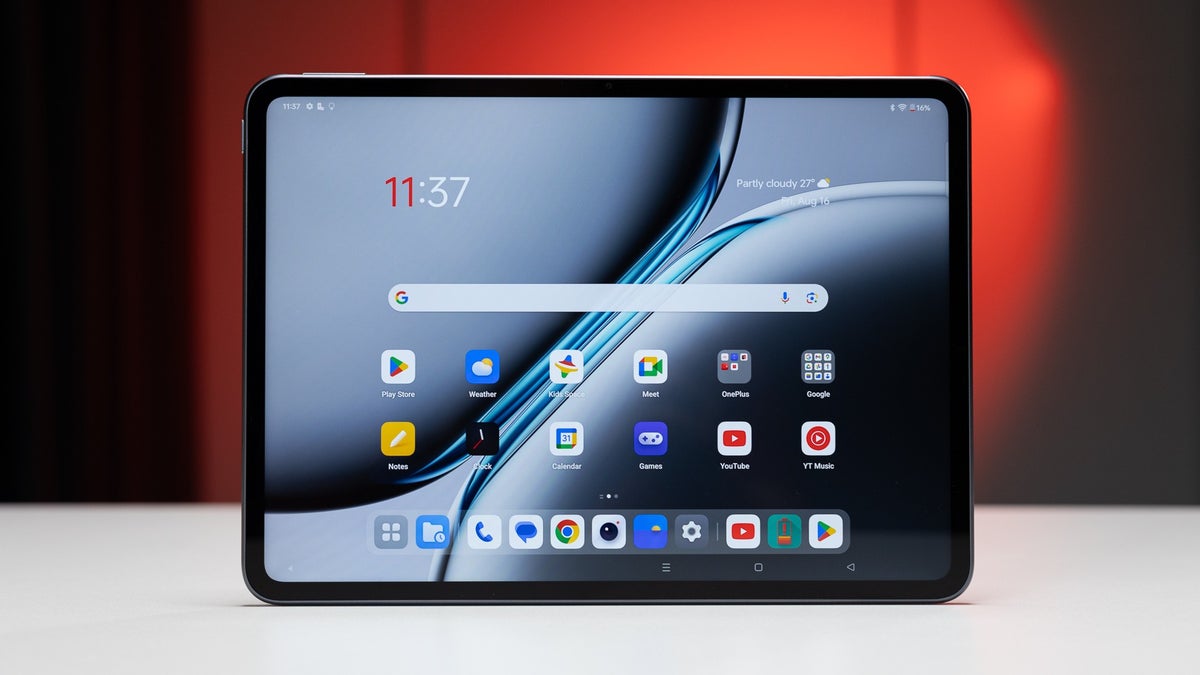WhatsApp has released its function of summarizing messages thanks to AI to avoid the classic case of neglecting the mobile for a while and finding 400 messages in a group that smokes. This needs an explanation regarding privacy, since WhatsApp has been presuming end -to -end encryption for years, which clashes a priori with which an AI can read those messages to summarize them.
Why is it important. Goal has achieved something that seemed impossible: creating an AI that processes the content of your messages without anyone, not even the goal itself, can read them.
The new function, available in the United States in the absence of global deployment, allows the goal to generate summaries of group conversations not read by keeping point -to -point encryption.
- It is as if they had invented an employee with amnesia who can do his job but immediately forget what he has seen.
The context. Technological ones live in the permanent dilemma between offering usefulness without destroying privacy, especially in the AI era. WhatsApp promised encryption, but that prevented any intelligent function.
Goal has found a third way.
What does happen:
- Your mobile figure messages with a password that only knows a virtual armored machine on target servers.
- The AI processes the content within a sealed environment, generates the summary and deletes it instantly.
- If someone tries to spy from outside, the virtual machine “breaks” and stops working.
What does not happen.
- Meta cannot access your original messages or store them.
- Meta employees cannot read the content processed by AI.
- Abstracts are not used for advertising purposes or linked to your identity.
In detail. Meta has developed a technology called “Private Processing” – he explained in his blog two months ago, before this announcement – that works as a digital panic room.
- The system uses special hardware that creates sealed compartments on its servers.
- Your mobile verifies that you are talking to the correct virtual machine before sending data.
Your IP address is hidden through relays of third parties, and the system knows that you are a legitimate user, but not “who you are” specifically. The result: a “summarize in private” button that gives you the key points without reading everything.
Yes, but. This technology raises risks that Meta is not admitting publicly. Trust is fragile because the company has a scandal history, from Cambridge Analytica to mass leaks going to open private messaging to companies without consent. What happens if a government forces to modify the system?
There is also the idea of the frog in a boiling water saucepan. Today they are armored optional summaries. Tomorrow will they be automatic suggestions, real -time translations or advertising based on “anonymous” content?
The panoramic. This, in the case of a product as massive as WhatsApp, will mark the standard for private AI. Apple already has something similar with Private Cloud Compute. Signal, Telegram and Discord presumably will implement equivalent versions. Google will have to answer, although its business model based on collecting data makes this more complicated approach.
- WhatsApp precisely premiered advertising recently, but for now it goes another way.
In WorldOfSoftware | Goal AI in WhatsApp: 17 functions and tricks of the blue circle with the artificial intelligence chat
Outstanding image | Goal












